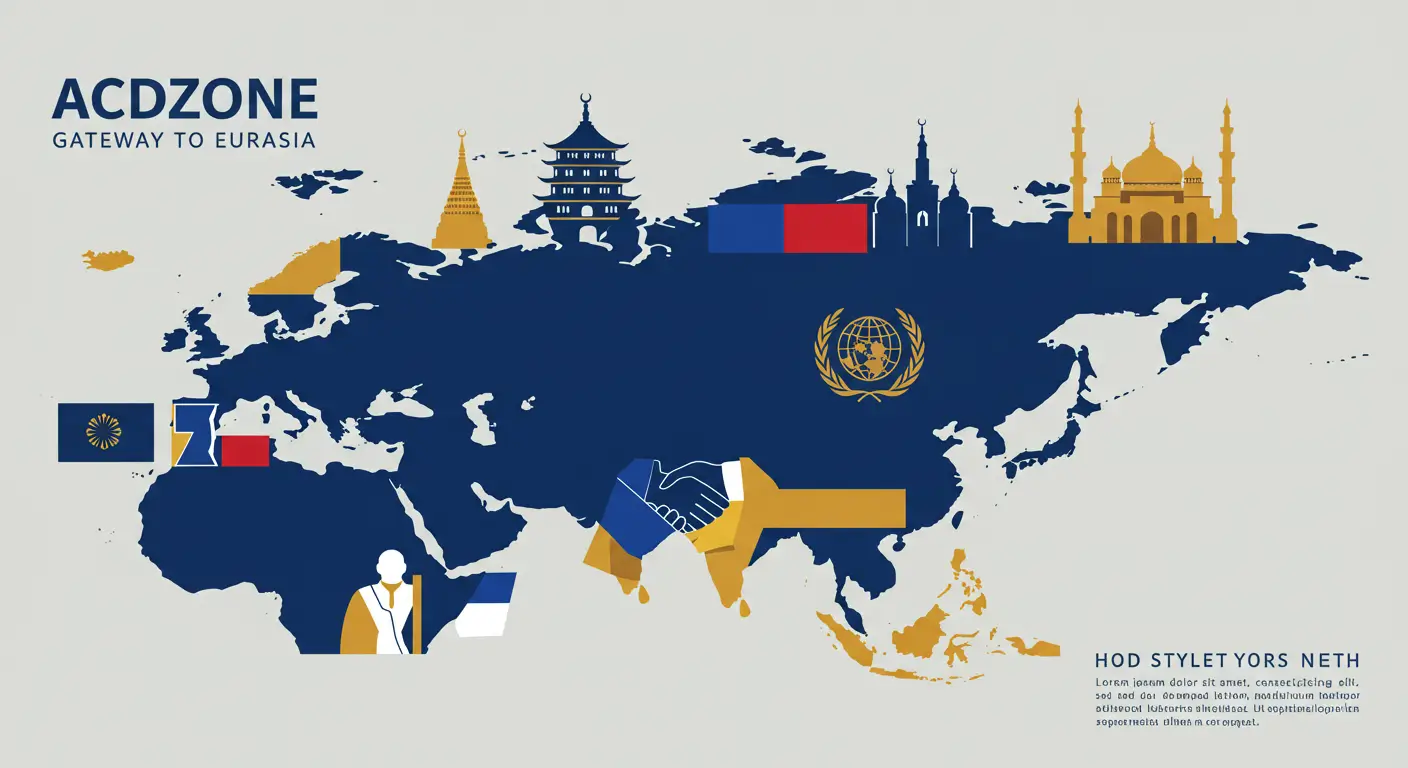Iraq’s Current Affairs: Toward Stability and Regional Engagement
Introduction
In recent years, Iraq has embarked on a new path of reconstruction, regional cooperation, and strategic repositioning. While memories of turbulent times still echo, there are visible signs of progress across political, economic, and social spheres—signals of a more stable and promising future.
Domestic Politics: Dialogue and Institutional Balance
Iraq’s civil institutions are showing signs of increasing maturity. The parliament has taken a more active role in legislation and oversight, while political actors have turned more toward dialogue and consensus-building.
Major cities are witnessing renewed focus on public services, administrative reform, and urban revitalization—steps that gradually rebuild public trust.
Regional Diplomacy: A Bridge for Dialogue
Iraq has positioned itself as a regional mediator. Baghdad has hosted key regional summits, signaling a revival of Iraq’s historical role as a hub for dialogue in the Arab and Islamic world.
Cooperation with neighboring countries—such as Iran, Saudi Arabia, Turkey, and Jordan—has deepened in sectors like energy, trade, transport, and border security.
Initiatives like the Basra-Turkey railway and the Southern-Northern development corridor reflect Iraq’s ambitions for regional economic integration.
Reconstruction and Public Services
Government programs have begun addressing critical infrastructure needs, with improvements in electricity, education, and healthcare. These projects—often in partnership with private investors—are not only creating jobs but also signaling stability in various regions.
Plans are also underway to empower local governments and revitalize rural areas, aiming for more balanced resource distribution.
Youth and Civil Society
Iraq’s youth are playing a vital role in shaping the country’s evolving social landscape. Digital platforms, startups, cultural events, and NGOs have become outlets for creativity and civic engagement.
Universities are regaining their status as engines of innovation and professional development, preparing the country’s next generation of leaders and thinkers.
Security Landscape: A Gradual Stabilization
Iraq continues to take steps toward improving its security architecture through military coordination, border control, and the strengthening of local forces.
In many areas, the return of everyday life and public order serve as key indicators of the country’s evolving resilience.
Enhanced intelligence-sharing with regional and international partners is supporting this trajectory—discreetly but effectively.
Conclusion
Iraq today stands at a crossroads—armed with experience from the past and a vision for a more stable and engaged future. Institutional strengthening, infrastructure development, youth empowerment, and regional cooperation mark the beginning of a new chapter. With careful planning and continued dialogue, Iraq is poised to reclaim its influential role in the region and beyond.





No comment